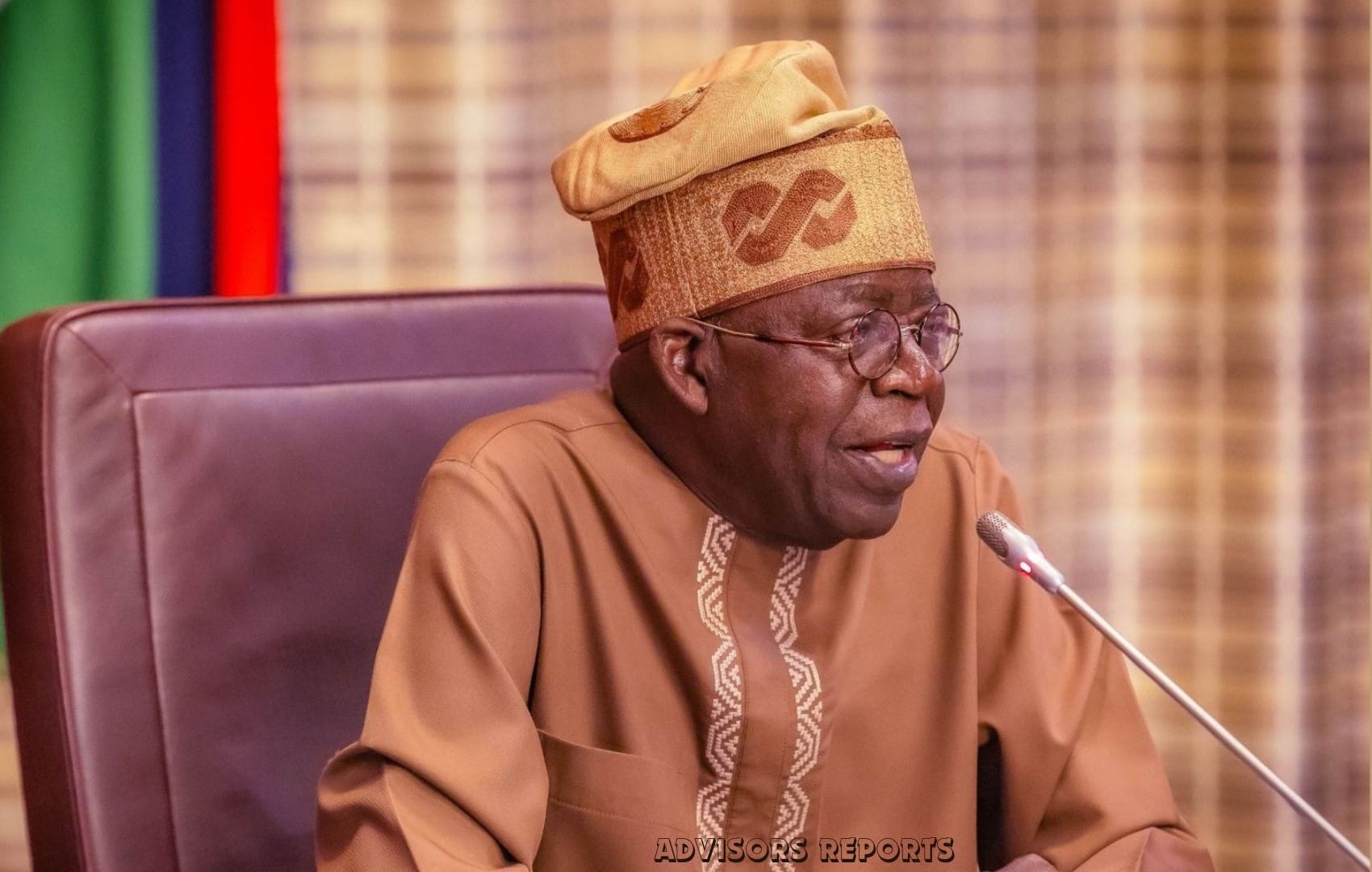Oredola Adeola
President Bola Tinubu revealed that the funds previously allocated for the payment of subsidy on Premium Motor Spirit (petrol) are now being redirected towards securing Nigeria’s energy future including the provision of infrastructure, and other social amenities.
President Tinubu made this known on Tuesday during the opening ceremony of the 7th edition of the Nigeria International Energy Summit (NIES 2024) monitored by Advisors Reports, which held at the State House, Abuja, on Tuesday.
Speaking on the theme “Navigating the New Energy World Order: Security, Transition, and Finance”, the President emphasized that elimination of the petrol subsidy has reduced the costs and enhance the efficiency of the energy sector.
President Tinubu who was represented at the event by Alhaji Mohammed Idris, Minister of Information & National Orientation, has therefore assured Nigerians, particularly those with lower incomes, that his administration is committed to implementing social intervention programs to alleviate short-term effects on vulnerable populations.
According to him, these initiatives aim to distribute the burden of subsidy removal equitably and safeguard the most vulnerable members of society.
He noted that removal of petrol subsidy has spurred private sector involvement, attracting both local and international investors, fostering innovation, and promoting competition to drive down costs and improve overall efficiency in the energy industry.
Acknowledging the challenges posed by petrol subsidy removal President Tinubu stressed its importance in securing the country’s energy future and stimulating economic growth.
He pointed out that subsidizing petroleum products strained economic resources, leading to inefficiencies and impeding investments in critical areas of energy security.
Speaking on the President Tinubu emphasised that Energy Security, is of paramount importance.
He said, “Energy Security is not just a national concern; it is a global imperative. In the face of emerging challenges, both geopolitical and technological, we must ensure the resilience of our energy infrastructure.
“The decisions we make today will impact the energy security of generations to come.
“Energy security is a paramount concern for any nation striving for economic stability and development. It encompasses not only the availability and accessibility of energy resources but also the resilience of our energy infrastructure,” the President noted.
President Tinubu disclosed that Energy Transition is another key aspect of our discussions, apart from energy security.
According to him, “We (Nigerians) stand on the brink of a new era, where traditional energy sources are being complemented and, in some cases, replaced by cleaner and more sustainable alternatives.
“This transition is not only an environmental necessity but also an economic opportunity. We must leverage innovation and collaboration to ensure a smooth and just transition that will leave no one behind.
The Nigerian President also stated that finance, plays a pivotal role in driving the energy agenda, adding that adequate funding is crucial to support the development and deployment of cutting-edge technologies, infrastructure, and projects that will shape our energy future.
He said, “As a nation, we must explore innovative financing models, engage with the private sector, and attract investments that will propel us towards a more resilient and diversified energy sector.
The President therefore underscored the transformative potential of uniting the Nigeria’s political prowess, corporate visionaries, academic brilliance, and civic engagement forces.
This unprecedented alliance, according to him, will steer the country through the turbulent waters of the emerging global energy landscape—a journey marked by resilience, groundbreaking innovations, and a united pledge toward a sustainable and safe energy destiny.



